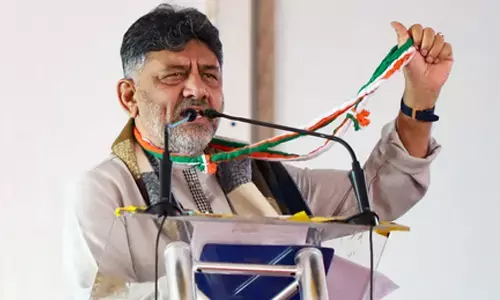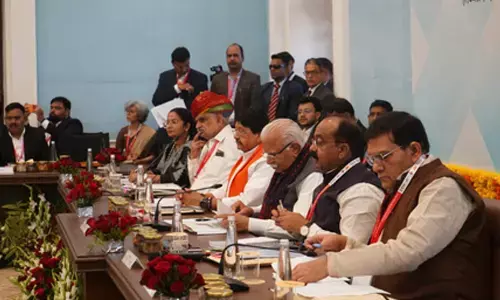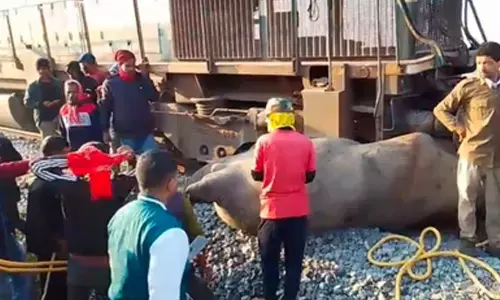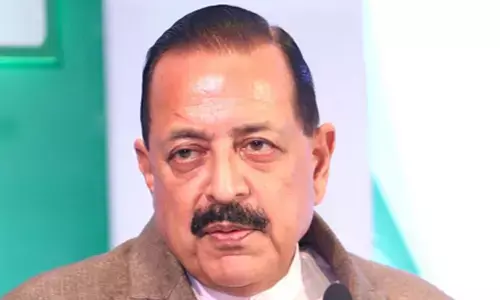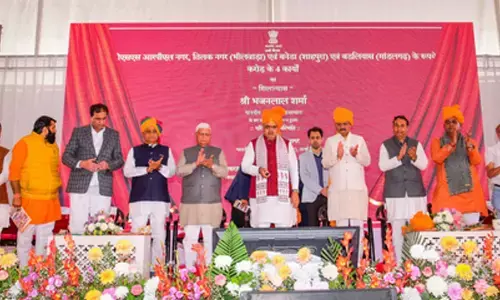Bombay HC Directs NCB To Provide Key Documents To Accused In Mumbai Drug Case
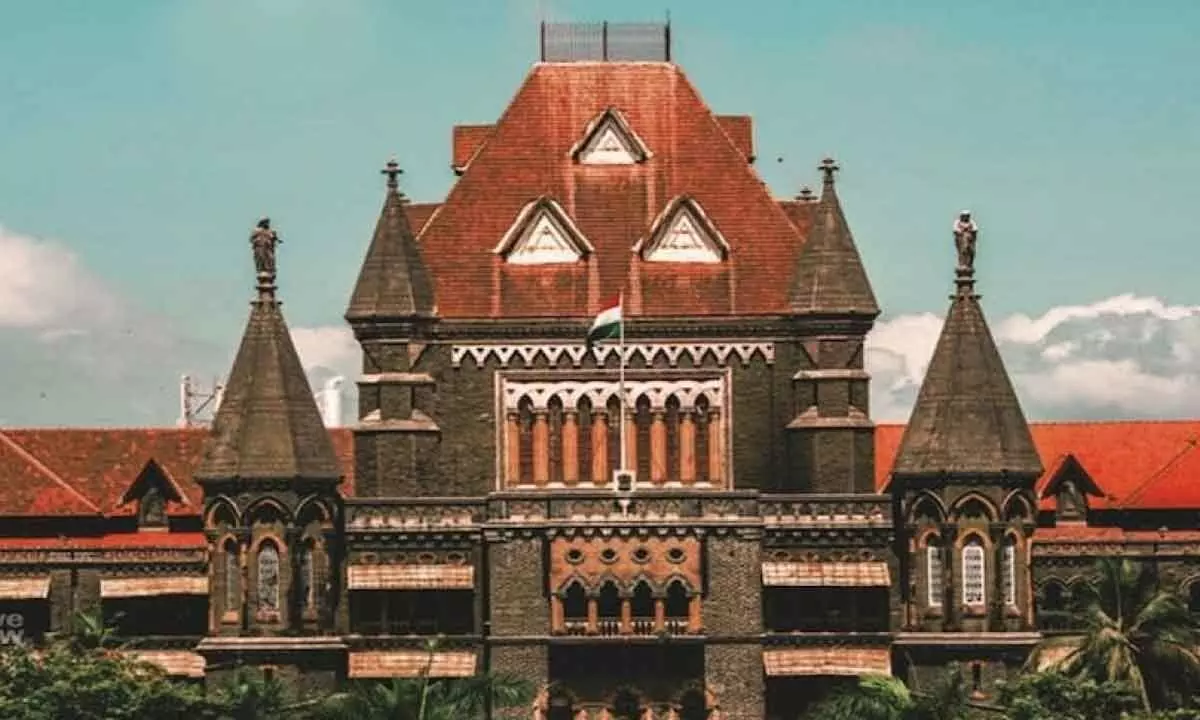
Bombay High Court orders NCB to share investigation documents with accused photographer Vedish Thorat, arrested for cultivating weed and receiving mescaline in Mumbai.
The Bombay High Court has directed the Narcotics Control Bureau (NCB) to provide investigation documents to Vedish Thorat, a photographer arrested on December 9 in connection with a drug case. Thorat had claimed he was denied access to critical records, including the arrest memo and statements recorded under Section 67 of the Narcotic Drugs and Psychotropic Substances Act.
**Details of the Case**
Thorat was arrested for allegedly cultivating hydroponic weed in his Mulund apartment and receiving a parcel containing 1.23 grams of mescaline—a rare drug derived from cactus, smuggled into India. This marks the NCB’s first recorded seizure of mescaline in Mumbai. During the search, officials reportedly confiscated 489 grams of hydroponic weed.
**Court Intervention**
A High Court bench of Justices Revati Mohite-Dere and MM Sathaye ruled in Thorat’s favor, ordering the NCB to hand over the arrest memo and other key documents. The court was responding to a petition filed by Thorat’s lawyer, Prashant Trivedi, alleging procedural lapses and constitutional violations due to the withholding of investigation records.
**Prosecution's Claims and Defense Argument**
The prosecution stated that Thorat was arrested after collecting the contraband parcel, which originated from Guwahati. He has been in judicial custody since his arrest, with custody extended until January 3, 2025.
Thorat’s lawyer argued that the denial of certified copies of investigation documents obstructed his client’s ability to apply for bail and prepare a defense. The petition stressed that withholding such documents violates procedural fairness and requested the issuance of a circular mandating compliance with legal guidelines.
This case highlights concerns about procedural transparency and the rights of the accused in drug-related investigations.












